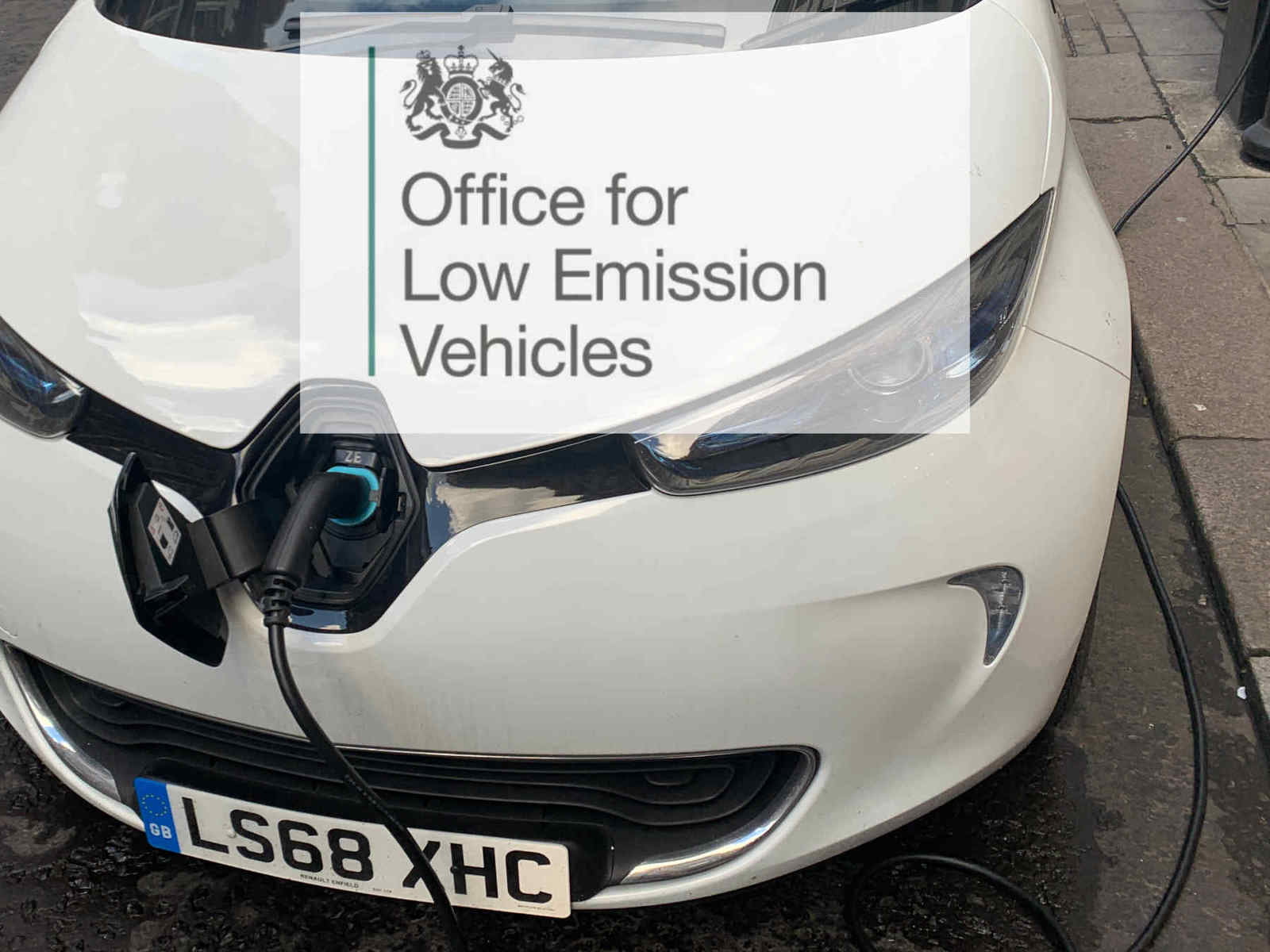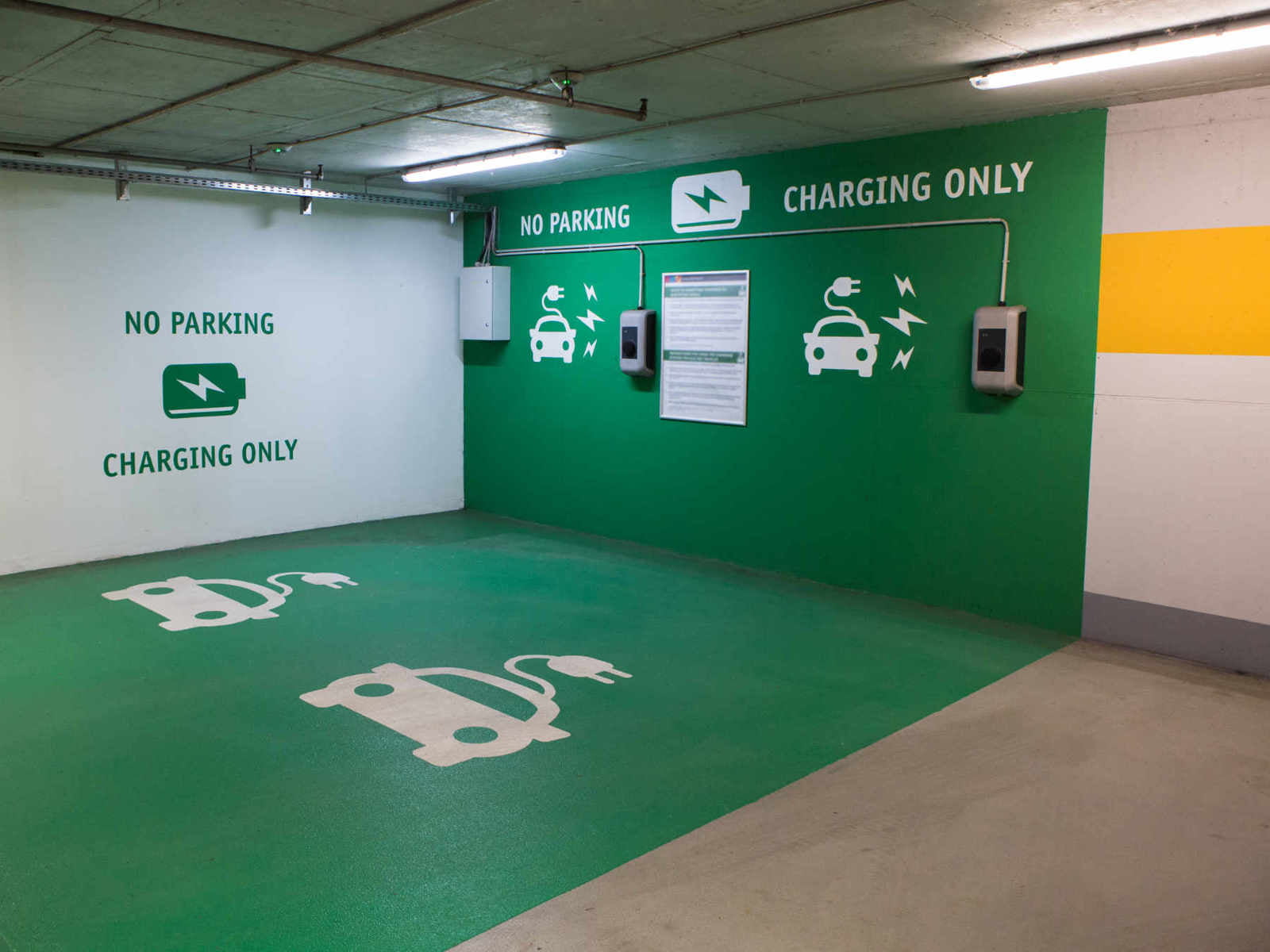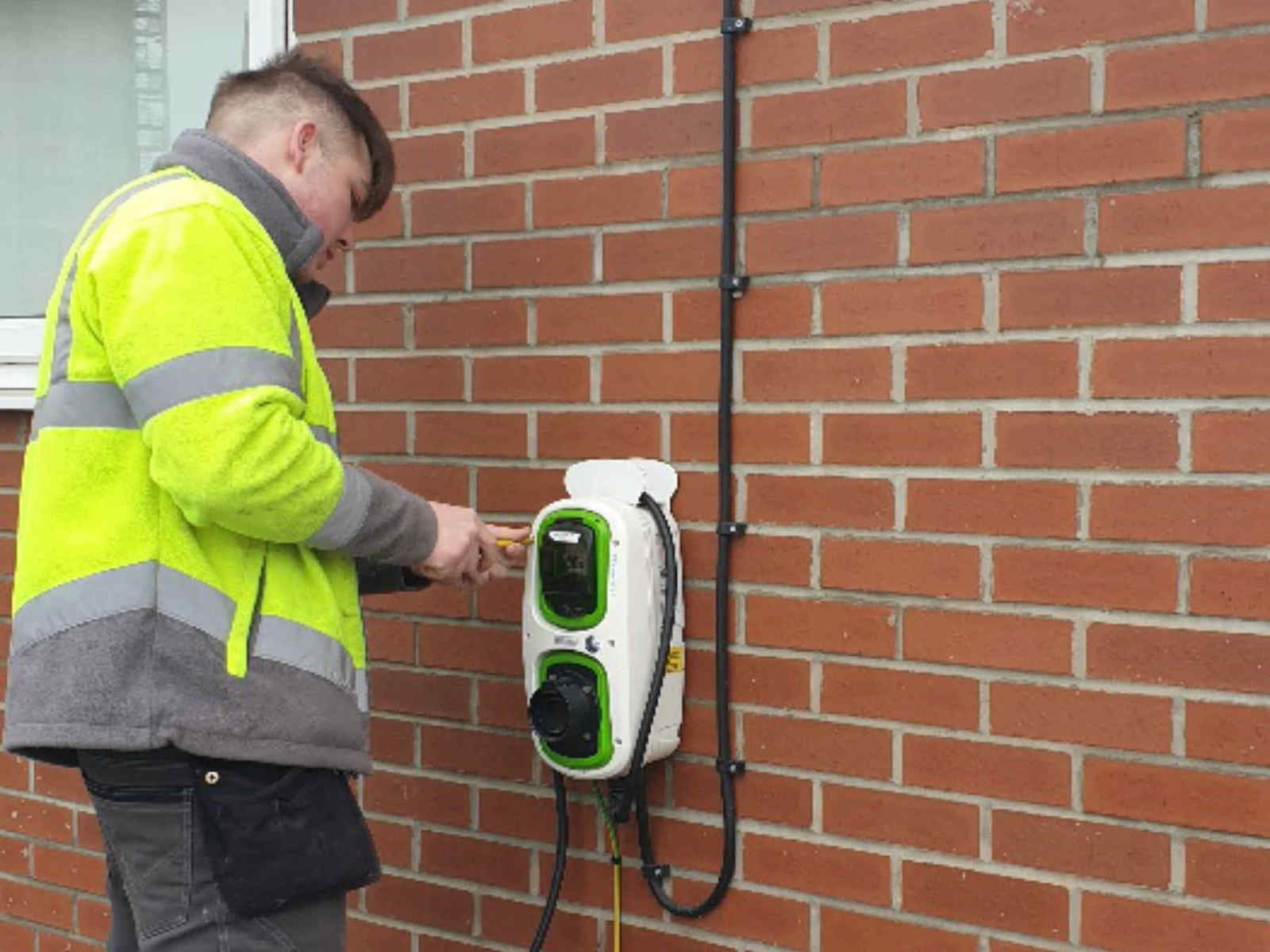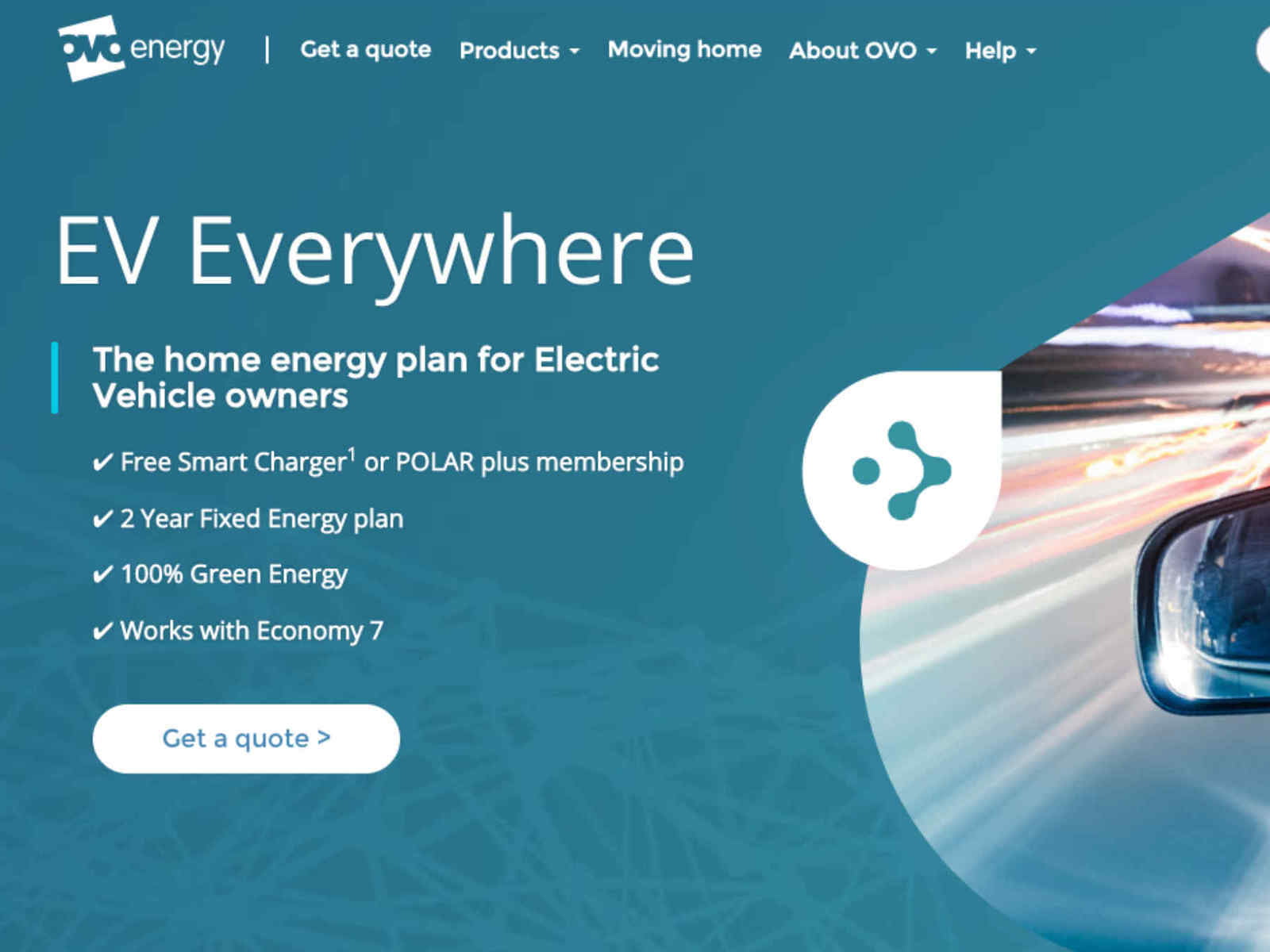The eFIXX guide to OLEV
Looking to capitalise on the growing EV market and get your hands on some government cash? Here's our guide to navigating the OLEV scheme.
By Gordon Routledge
Monday 8th April 2019
What is OLEV?
OLEV is the office for Low Emission Vehicles is a UK government team which supports the early market adoption of ultra-low emission vehicles, which in most cases means electric cars and the chargers to support them.
OLEV run two schemes which are of interest to electrical contractors, businesses and car owners. The Electric Vehicle Homecharge Scheme and the Workplace Charing Scheme part fund the installation of charging stations for electric cars.
To qualify for OLEV funding.
- Installers need to be authorised by OLEV
- Fit charging kit which is on the OLEV approved list
- Be approved by the charging kit manufacturer to install their kit.
How to become OLEV authorised installer?
The application process is straightforward using the online form.
- You need to prove membership of recognised trade association such as NICEIC, NAPIT, SELECT or ECA. Company details need to be visible on the associations' website.
- Provide copies of public liability insurance; this is different from your employer's liability insurance.
- Prove that your company's installers are qualified to install electric vehicle charge points. Fully trained electricians can take City and Guilds 2910-01 Electric Vehicle Charging Course.
- Prove that you are approved by the charging equipment manufacturer to install their products. Bit of a catch twenty-two here, but in reality lots of charging equipment manufacturers have tagged themselves to course providers, so you leave a course with the technical qualification and approval from at least one manufacturer.
Being OLEV approved doesn't automatically open the floodgates to government grants, that's down to the customer, and they also have to clear some hurdles to qualify for funding from the two OLEV schemes.
How does the domestic Electric Vehicle Homecharge Scheme (EVHS) work?
- The Homecharge Scheme grant pays for 75% of the cost of installing one charge point per eligible vehicle capped at a maximum of £500 (which includes VAT).
- The customer's vehicle needs to appear on the OLEV eligibility list and they need to be the owner, leaser or designated primary user for company vehicles.
- The customer must have dedicated off-street parking for the vehicle.
- Charge points can be installed up to 4 months ahead of vehicle delivery.
- The installer and the charging equipment need to be approved by OLEV.
- The grant is paid to the installer after the grant is approved and installation is complete.
- A household can claim a grant for up to two eligible cars.
Beware of anomalies - for example, Tesla Vehicles are OLEV approved, but their Tesla charge points aren't, so you would have to fit alternative manufacturers charge point to qualify for the grant.
How does the Workplace Charging Scheme (WCS) work?
- The workplace scheme is potentially more lucrative as it funds up to 75% of the cost of installing up to 20 charging sockets, capped at a maximum of £500 per point. These can be at one location or spread across multiple sites.
- Applicants must be able to prove a business need for electric vehicle chargers, such as moving to a more environmentally friendly car fleet or providing charging facilities to visitors.
- Applicants which can be a company, charity or public body but must have suitable off-street parking. The off-street parking needs to be owned by the applicant, or have permission from the owner to install charging equipment.
- Grant applications are submitted online and if successful applicants receive a voucher with an expiry date. The installer then uses the voucher to recover the grant, from OLEV, on behalf of the customer when the installation is complete.
- Charge points for the workplace scheme are different from domestic ones, the significant difference being the need to communicate energy and usage data back to OLEV. Equipment must include a 3-year on-site warranty.
Is it worth it?
Electric vehicles are here to stay so electricians will struggle to avoid chargers either as part of new build projects or requests from existing customers about to purchase an electric vehicle. So you've nothing to lose from going through the additional training required. However, google "ev charging" you'll see adverts from electrical contractors, electricity suppliers and equipment manufacturers who have already chosen to specialise and target this growing market. With this level of online activity, it's a sure sign of profits and a competitive market emerging.
Residential Example
Typical residential installation - quoted installed price £800 - 1000 (inc VAT)
Assumes wall mounted charger within 10 meters of consumer unit, conventional built house and installation time of around 3 hours.
7kW EV Charger - e.g Rolec EVWP1140 £400
10 meters SWA cable inc glands & clips £20
Earth rod, cable, cover, conduit £15
Switchgear, MCB, sundry items £50
Total £485 (ex VAT) £582 inc VAT
Potential gross profit of £418 for three hours work.
How is the market functioning in reality?
I'd be amazed if you could find a single OLEV funded installation which hasn't benefitted from the full £500 grant. The question is who is profiting the most from this market? At the moment it appears to be the charge point manufacturers. With charge points starting at around £400 they seem very expensive for what in reality is a posh outdoor socket with an RCD.
The need to be approved by the manufacturer to install their charge points means they can control route to market and maintain margins. Many of the manufacturers only offer a supply and install model, so it's difficult to establish the cost of the charge point itself.
Just like mobile phone deals, offering EV chargers as incentives to sign fixed-term electricity contracts are part of the latest offers from energy providers. OVO Energy includes the option of a free smart charger as part of their two year EV Everywhere tariff. Rates quoted to eFIXX appeared to be 25% higher than our current deal, so no such thing as a free charger.
eFIXX Advice
- Don't miss out, electric vehicle adoption is increasing, charge points could be a valuable source of work, and the OLEV scheme won't last forever.
- Check the OLEV approved installers list to see how many competitors operating in your area.
- Explore partnerships with the charge point manufacturers. Do they have any installers in your area?
- Try to get on approved installer programs offered by car manufacturers e.g. Tesla
- Make friends with local car dealers selling EV's to get point of sale referrals.
- Ask your industrial or commercial customers if they have any plans to add EV charging facilities.
Useful links
OLEV schemes
List of installers registered on OLEV schemes
Homecharge
Workplace
Car manufacturers approved installer schemes
Electric Vehicle Charging Manufacturers with OLEV approved equipments (updated April 2019)
*duplicate, obsolete or merged companies removed.
Are you registered for OLEV?
Share your experiences of the scheme with us.







